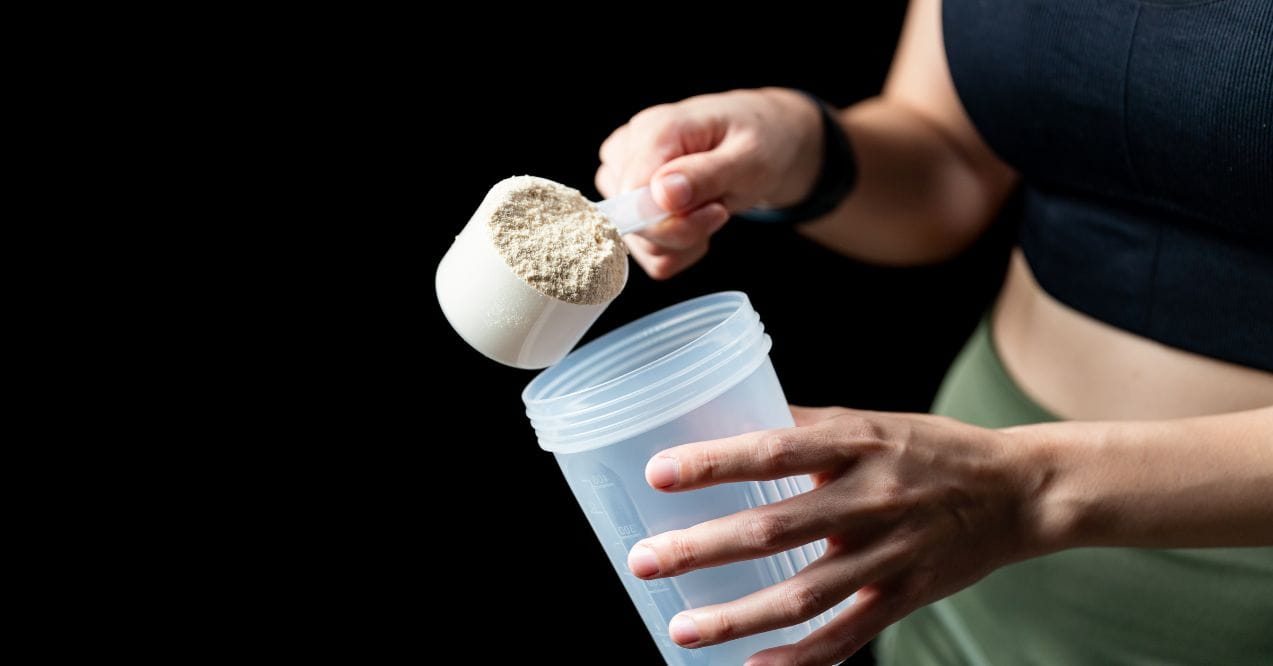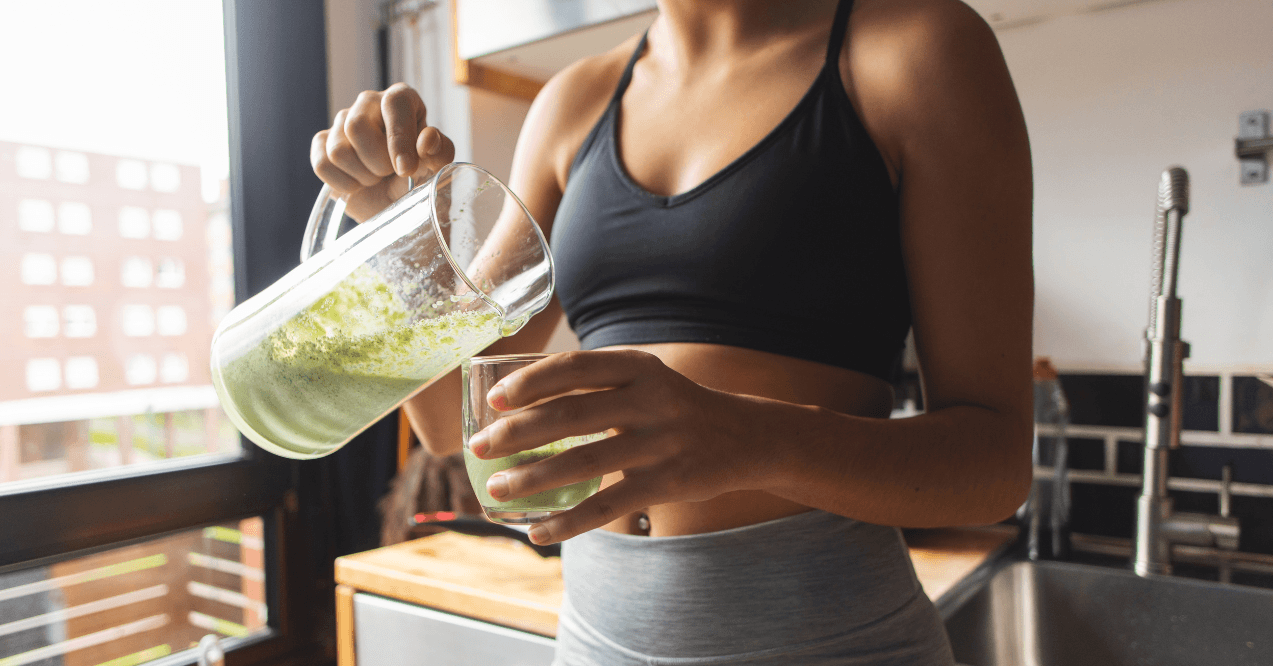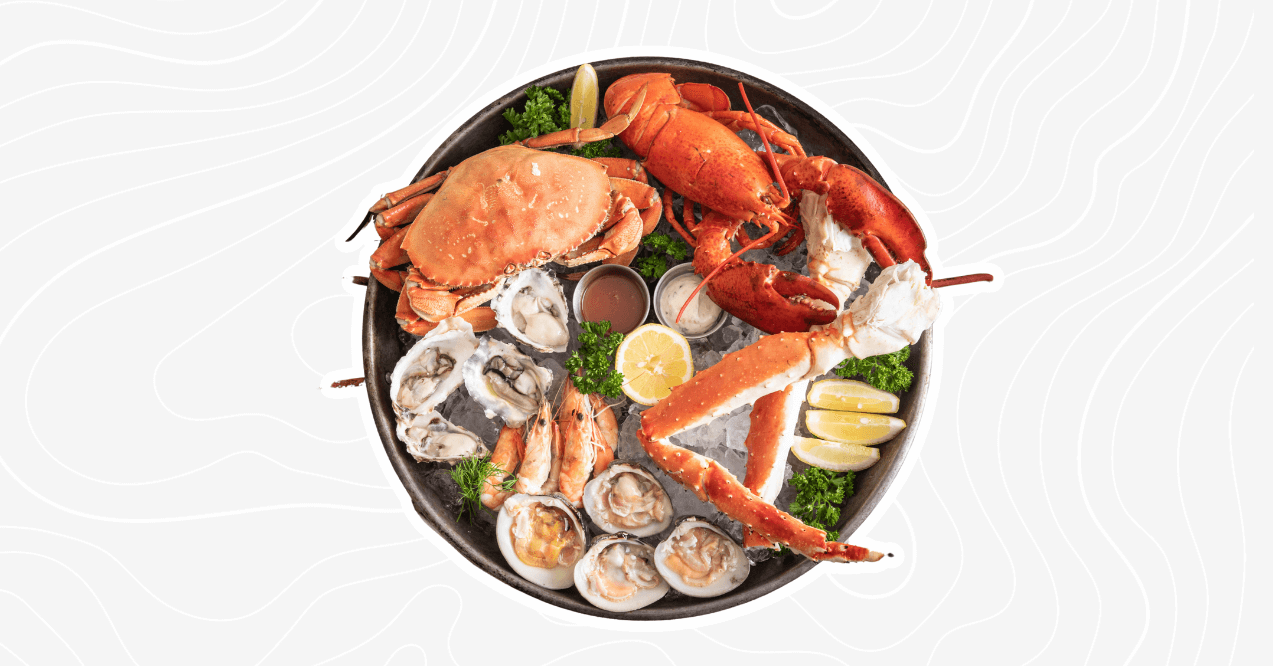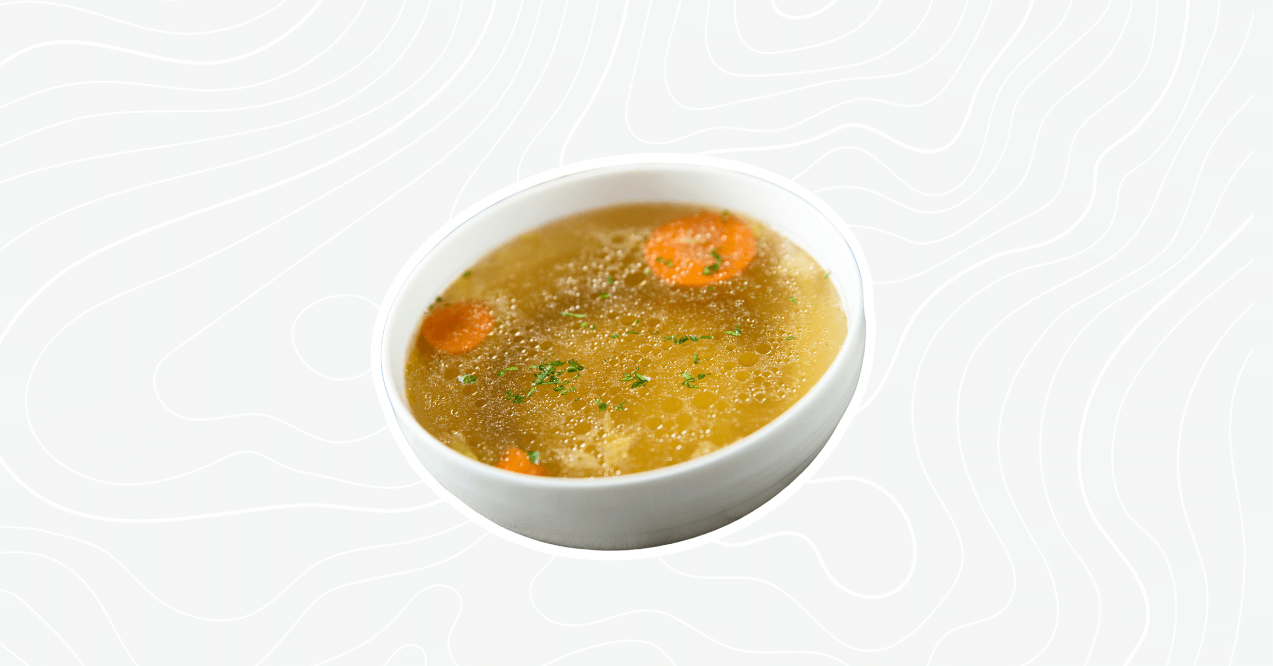What to Eat Before a Long Run to Avoid Fatigue and Boost Performance?
What to eat before a long run plays a major role in how well you perform and how you feel during the miles ahead. Planning your meals carefully can make the difference between hitting the wall or finishing strong. The right foods at the right times may help you maintain energy levels, prevent stomach problems, and support your training goals.
Why Pre-Run Nutrition Matters
The food you eat before running acts as fuel for your muscles. Your body stores carbohydrates as glycogen in your muscles and liver, which it uses during exercise. These stores are limited, so filling them before a long run helps delay fatigue.
How proper nutrition helps your run:
- Prevents the “bonk” when glycogen levels get too low
- Steadies blood sugar for consistent energy
- Supports hydration and nutrient transport
- Reduces recovery time after long distances
Water works alongside food to create the perfect setup for a strong run. It helps move nutrients to your muscles and carries away waste products that build up during exercise.
What to Eat Before a Long Run in the Morning?
Morning runs need special attention to nutrition since you wake up with empty energy stores after fasting overnight. While some runners prefer pre workout before running for an added energy kick, food remains your most important fuel source.
Quick morning fuel options that work well:
A banana with a tablespoon of peanut butter offers fast energy plus a small amount of protein and fat. Plain toast with honey or jam works well for sensitive stomachs.
If you have 2-3 hours before your run, oatmeal topped with berries and a small spoonful of nut butter provides slower-releasing carbs for longer-lasting energy.
Can’t handle solid foods early in the day? Try a smoothie made with fruit, a small amount of yogurt, and water. The liquid form digests quickly while still providing the carbs you need.
How Long Before a Long Run Should You Eat?
The timing of your pre-run meal matters as much as what you eat. Your digestive system slows down during running as blood flows away from your stomach to your working muscles.
Timing guidelines based on meal size:
- Large meals (with protein, fat, carbs): 3-4 hours before running
- Medium-sized meals: 2-3 hours before running
- Small snacks: 30-60 minutes before starting
- Quick carb boost (half banana, energy chews): 15 minutes before
Planning your runs around other health routines? If you’re using an intermittent fasting calculator, make sure to schedule your eating window to allow proper pre-run fueling. This prevents energy crashes during your workout.
What Should You Eat the Night Before a Long Run?
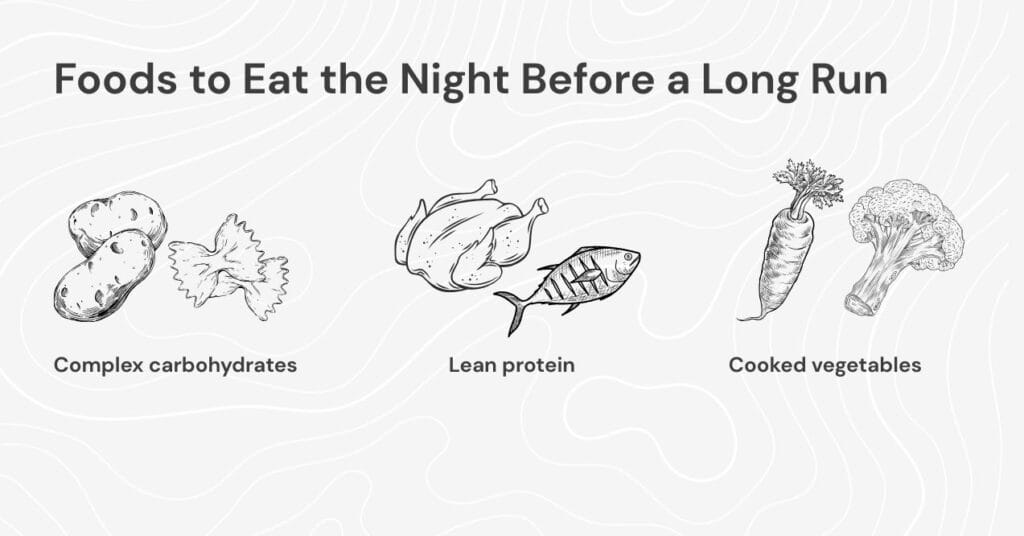
What to eat the night before a long run sets you up for success. Your evening meal fills the glycogen stores your body will use during tomorrow’s miles.
The ideal pre-run dinner includes:
- Complex carbohydrates (pasta, rice, potatoes)
- Moderate portion of lean protein (chicken, fish, tofu)
- Some cooked vegetables (limit high-fiber options)
Stick with meals you know work well for your body. Many runners find white rice or pasta causes less stomach trouble than whole grain versions before big runs.
Avoid these night-before mistakes:
- Trying new or unusual foods
- Very spicy or greasy meals
- High-fat foods that slow digestion
- Alcohol (interferes with hydration and sleep)
Your dinner should leave you feeling satisfied but not overly full. Eat at least 12 hours before your planned run time for complete digestion.
What Not to Eat Before a Run?
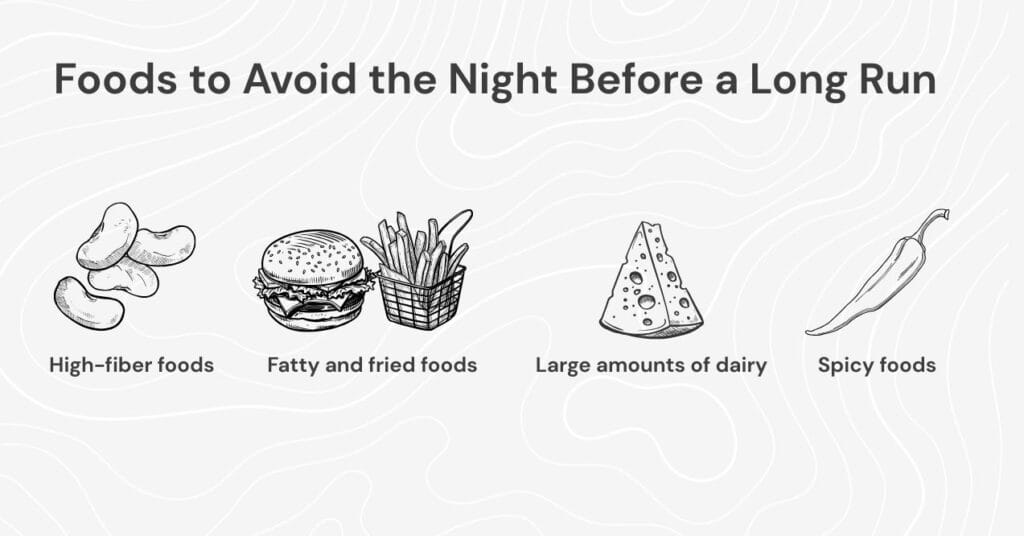
Knowing which foods to skip before running is just as important as knowing what to eat. While running on an empty stomach may work for very short runs, longer distances need proper fuel to avoid hitting the wall early.
Foods to avoid before your run include:
- High-fiber foods (beans, lentils, certain vegetables)
- Very fatty or fried foods
- Large amounts of dairy
- Spicy foods
High-fiber options may cause stomach cramps or unexpected bathroom stops. While these foods are healthy parts of a runner’s diet, save them for after your workout.
Very fatty foods slow down digestion and can make you feel sluggish. Skip fried foods, creamy sauces, and greasy meals in the hours before running.
Also steer clear of these pre-run mistakes:
- Large amounts of caffeine (speeds up digestion)
- Carbonated drinks (causes bloating)
- Heavy protein-only meals (slow to digest)
- Unfamiliar foods or supplements
What to Eat Before Different Running Distances
Your pre-run nutrition needs vary based on how far you plan to go. Shorter runs need less fuel while longer distances require more careful planning. What to eat the day before a marathon differs greatly from fueling for a quick 5K. Let’s look at how to adjust your eating plan for different race distances.
Before diving into specific distances, consider checking out what to eat before a HIIT workout? for more high-intensity training fuel ideas.
What to Eat Before Running a 5k
A 5K run typically doesn’t deplete your glycogen stores, so heavy carb-loading isn’t necessary. Focus on a small, carb-rich snack about 30-60 minutes before the race.
Quick 5K fuel options:
- Half a banana
- Slice of toast with honey
- Small handful of pretzels
- Low-fiber cereal with milk
- Simple fruit smoothie
Keep portions small – about 100-200 calories is plenty for this distance. Stay well-hydrated by drinking water in the hours leading up to the race, but stop about 30 minutes before to avoid bathroom breaks during your run.
What to Eat Before Running a 10k
A 10K requires more fuel than a 5K but still doesn’t demand extensive carb-loading. Eat a balanced meal 2-3 hours before or a smaller snack 60-90 minutes prior to your run.
Pre-10K meal options (2-3 hours before):
- Oatmeal with fruit and nut butter
- Turkey sandwich on white bread
- Bowl of rice with a small portion of lean protein
Aim for about 300-400 calories with a focus on easy-to-digest carbs.
Quick pre-10K snacks (60-90 minutes before):
- Banana with small amount of peanut butter
- Small energy bar
- Packet of energy chews
Hydrate well by drinking 16-20 ounces of water 2-3 hours before your run, then smaller sips as needed.
What to Eat Before Running a Half Marathon?
What to eat on the morning of a half marathon requires more planning than shorter distances. Your body will need larger glycogen stores to fuel the 13.1-mile journey.
Start carb-loading lightly two days before the race, increasing your carbohydrate intake while reducing fiber and fat.
Morning of half marathon meal options (3-4 hours before):
- Two slices of toast with jam and a banana
- Bagel with a thin layer of nut butter
- Bowl of low-fiber cereal with milk and fruit
Aim for 400-500 calories. If you have less time before the race, scale down the portion size but keep the focus on easily digestible carbs with a small amount of protein. Test your race-day meal during training runs to avoid surprises.
What to Eat Before Running a Marathon?
Marathon nutrition starts days before the race. What to eat the day before a marathon should focus on filling your glycogen stores completely, as your body will rely heavily on these reserves.
2-3 days before marathon:
- Increase carbs to 70% of total calories
- Reduce fiber and fat
- Focus on pasta, rice, potatoes, bread
Morning of marathon (3-4 hours before):
- Oatmeal with banana and honey
- Multiple slices of toast with jam
- Bagel with nut butter
- For sensitive stomachs: sports drink + energy bar
Looking for an extra edge on marathon day? Many runners find that our Pre Workout supplement helps them start strong and maintain energy throughout the race. With a balanced blend of caffeine, B vitamins, and performance-supporting ingredients, it complements your nutrition plan perfectly. Take it 30 minutes before starting to feel alert and ready to tackle those 26.2 miles. Check out the runner-approved formula at Trumeta Pre Workout.
Conclusion
What to eat before a long run forms the foundation of your running performance. The right nutrition strategy helps maintain energy levels, prevents the mid-run crash, and supports your training goals. Everyone’s body responds differently to food, so the most important advice is to test your pre-run meals during training, not on race day.
Focus on easily digestible carbohydrates as your main fuel source, adding small amounts of protein and fat for longer-lasting energy. Pay attention to timing, allowing enough time for digestion based on the size of your meal. What works before a 5K might not be enough before a marathon, so adjust your plan according to the distance ahead.
Running immediately after eating may cause stomach discomfort, side stitches, and nausea. Wait 1-3 hours after a large meal or 30-60 minutes after a small snack to allow for proper digestion before heading out for your run.
Yes, eating before a morning run helps replace glycogen used overnight. For runs under 45 minutes, a small carb snack may be enough. For longer runs, a light meal 1-2 hours before starting will improve your performance.
On half marathon morning, eat a carb-rich breakfast 2-3 hours before the race. Choose familiar foods like oatmeal, toast with honey, or a banana with peanut butter. Avoid high-fiber, high-fat options that might upset your stomach
Advertisement. This site offers health, wellness, fitness and nutritional information and is designed for educational purposes only. You should not rely on this information as a substitute for, nor does it replace, professional medical advice, diagnosis, or treatment. If you have any concerns or questions about your health, you should always consult with a physician or other health-care professional. Do not disregard, avoid or delay obtaining medical or health related advice from your health-care professional because of something you may have read on this site. The use of any information provided on this site is solely at your own risk.
